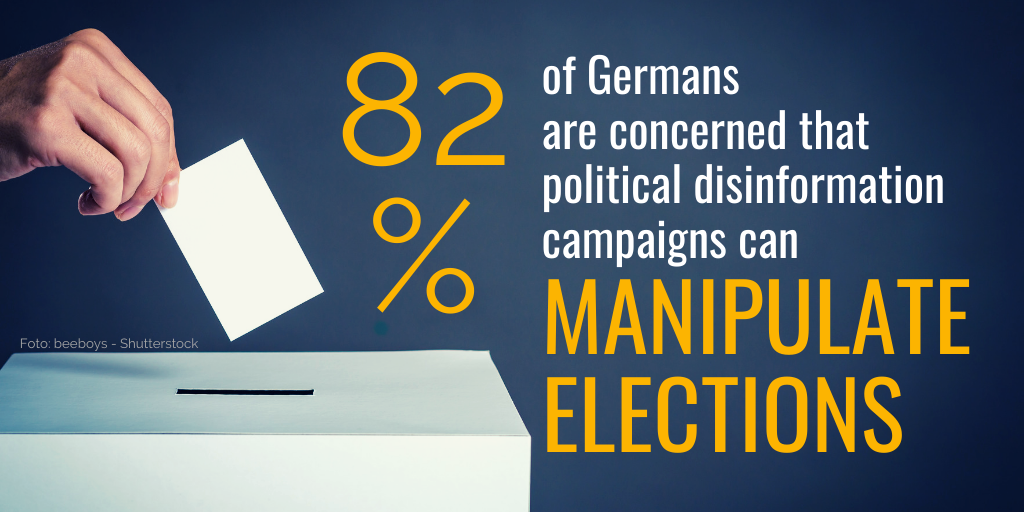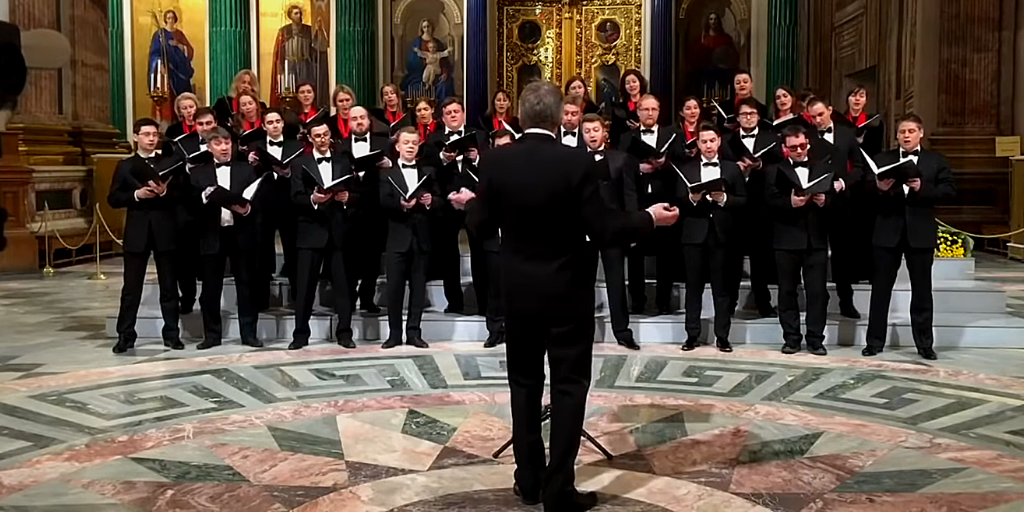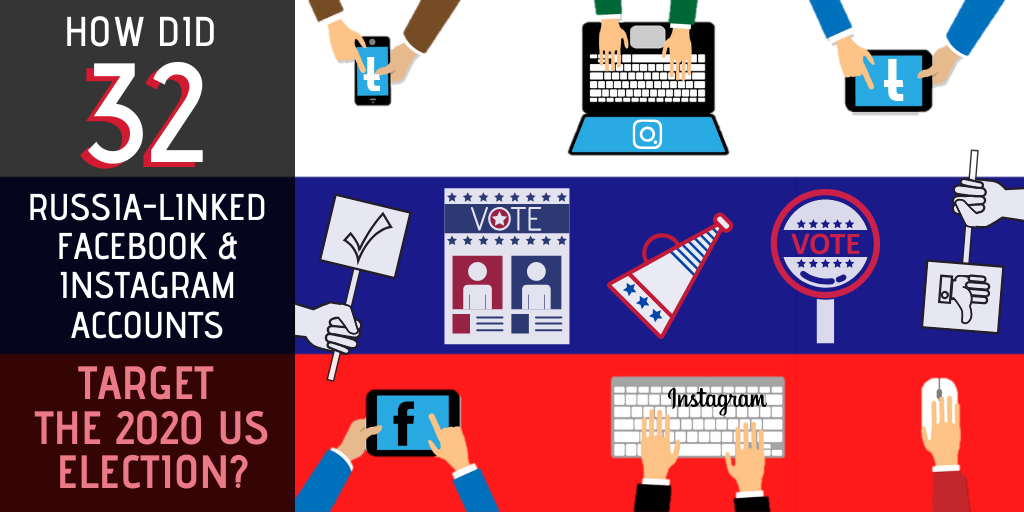The “Informationsverhalten bei Wahlen und politische Desinformation” poll, organized by the Media Authority of North Rhine-Westphalia, also revealed that 81% of respondents think that politically motivated disinformation is threatening democracy. 79% of the 1,002 polled internet users agreed with the claim that political disinformation makes them angry.
As for the solution, two-thirds of the polled Germans supported the regulation of political advertising on the internet. At 80%, the support for online regulation was especially strong amongst 14-24-year-olds.
When these figures from Germany are compared with results from Eurobarometer, the overwhelming worry about threats to democracy is clearly evident. While 81% of German respondents were worried about politically motivated disinformation as such, 83% of Europeans said that fake news is a danger to democracy.
Eurobarometer’s polling in 28 EU Member States (26,576 European citizens interviewed) also showed that “37% of the respondents came across fake news every day or almost every day”. The German poll stated that 40% of respondents occasionally see politically motivated disinformation online.
When Eurobarometer asked for the solution, the respondents pointed at journalists (45%), national authorities (39%) and the press and broadcasting management (36%) to stop the spread of fake news.
According to a recent poll, 24% of Ukrainians see Russian TV channels as trusted sources of information, 20% trust Russian online news media, including both state-funded propaganda outlets and independent media, and 18% believe the information published on Russian social media pages.
However, only 4% consider the Russian outlets as veracious and more independent than the Ukrainian press.
Further reading:
- Ukraine remains top target of Russian disinformation
- Russian disinformation as dialog: “Sovereignism” concept’s time-space travel
- Information war is a term used by the Kremlin to justify disinformation, Dobrokhotov says
- German NGO strengthens civil society in Sloviansk, first victim of “Russian Spring”
- Three years into war, Ukrainians more positive toward aggressor than vice versa
- USA and Ukraine are Russia’s top-2 enemies, new Levada poll shows
- The hard fate of foreign Russia-lovers: Ksenia Kirillova on the Paul Whelan case





